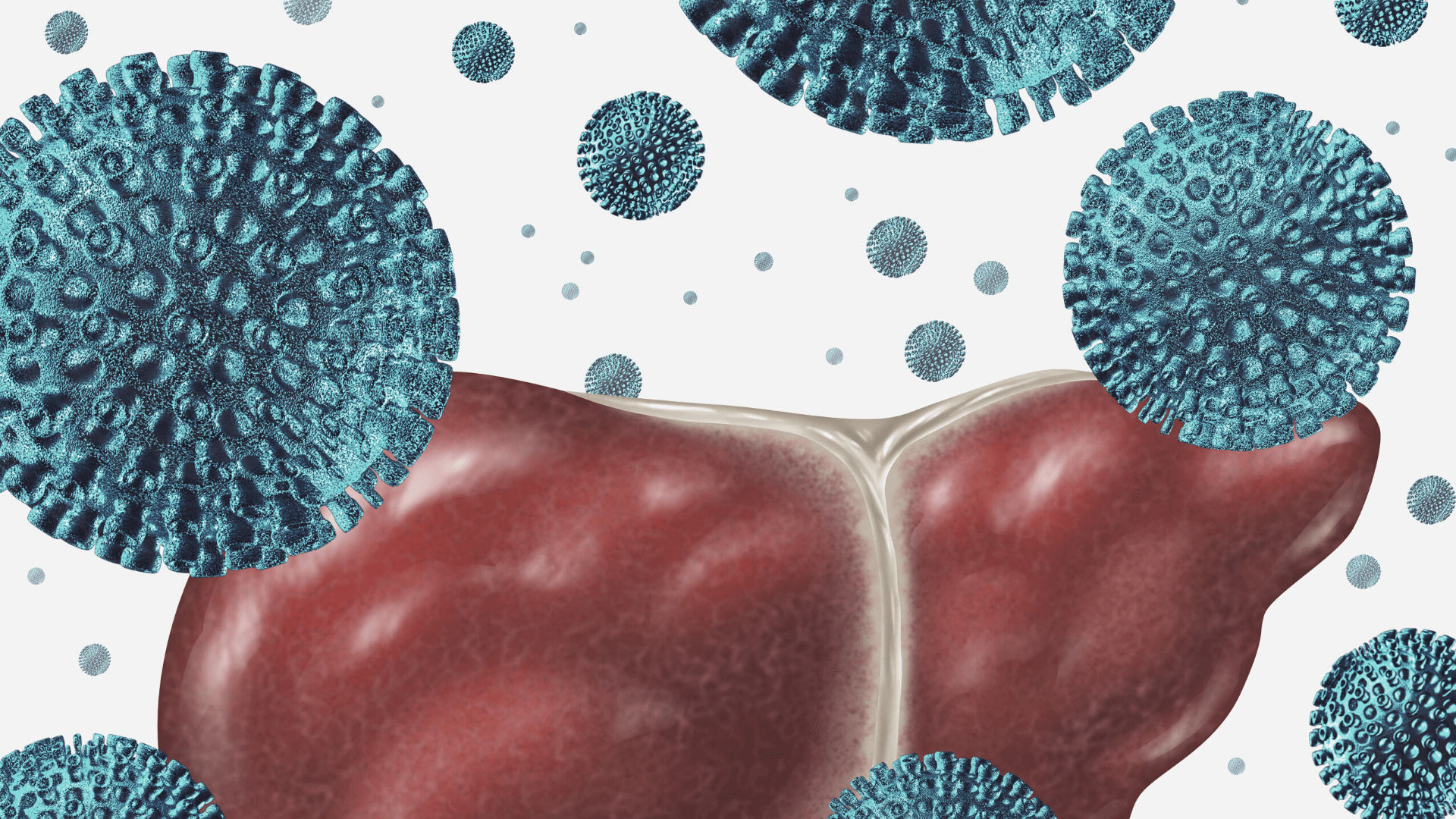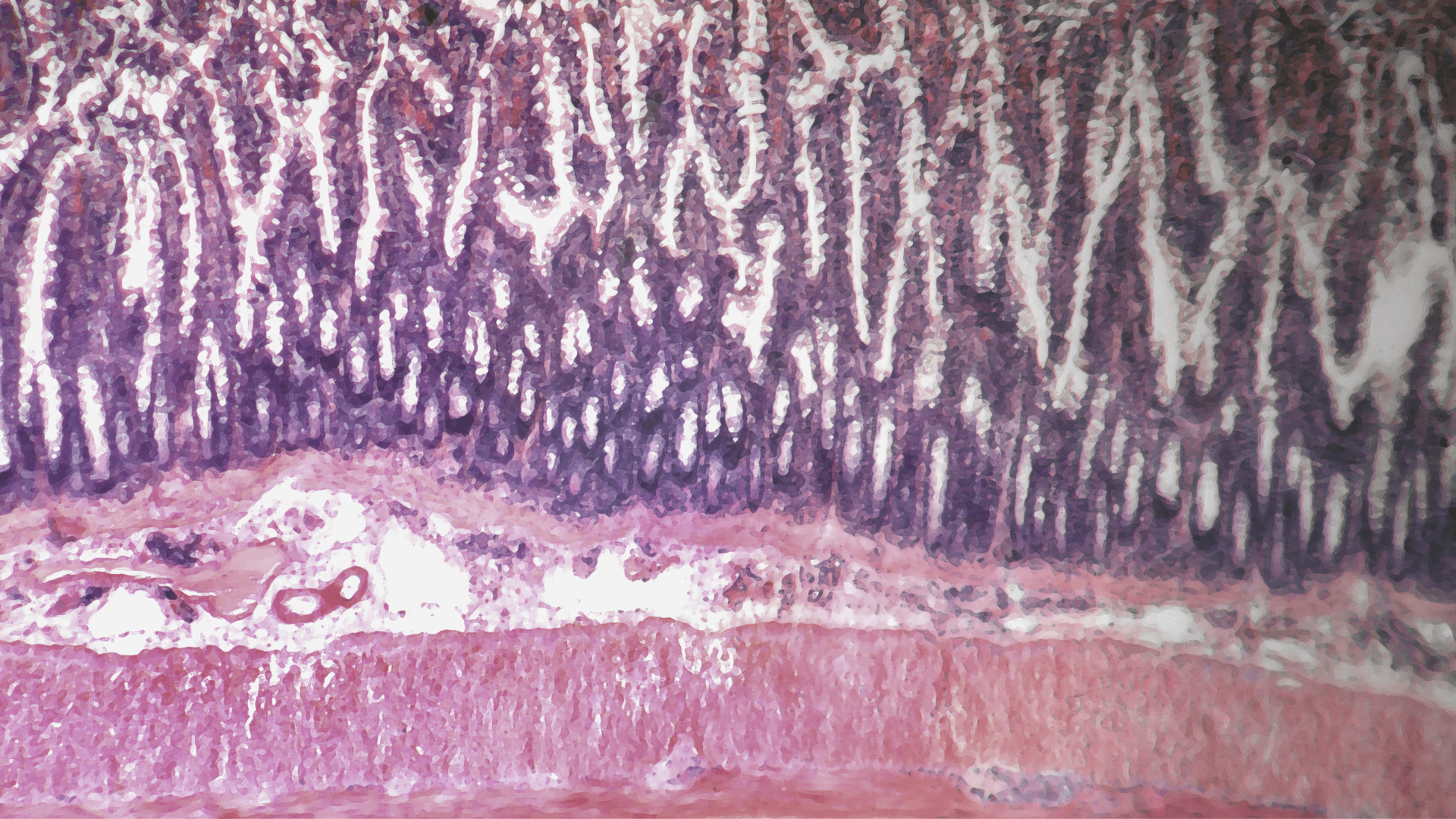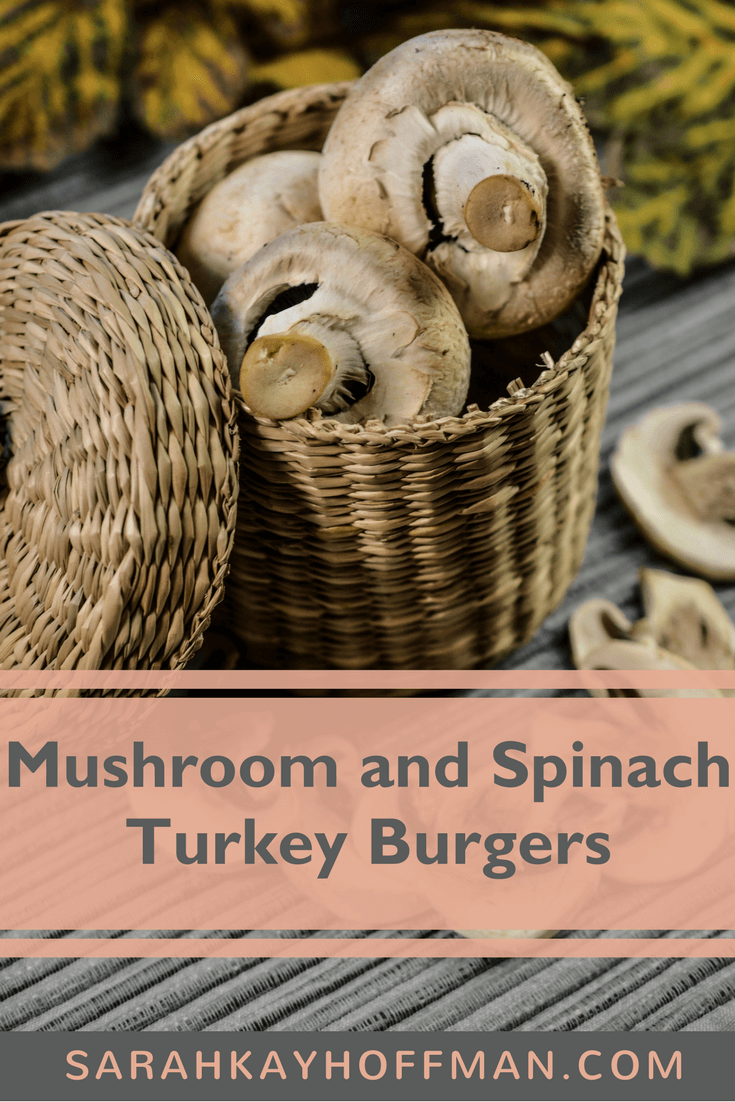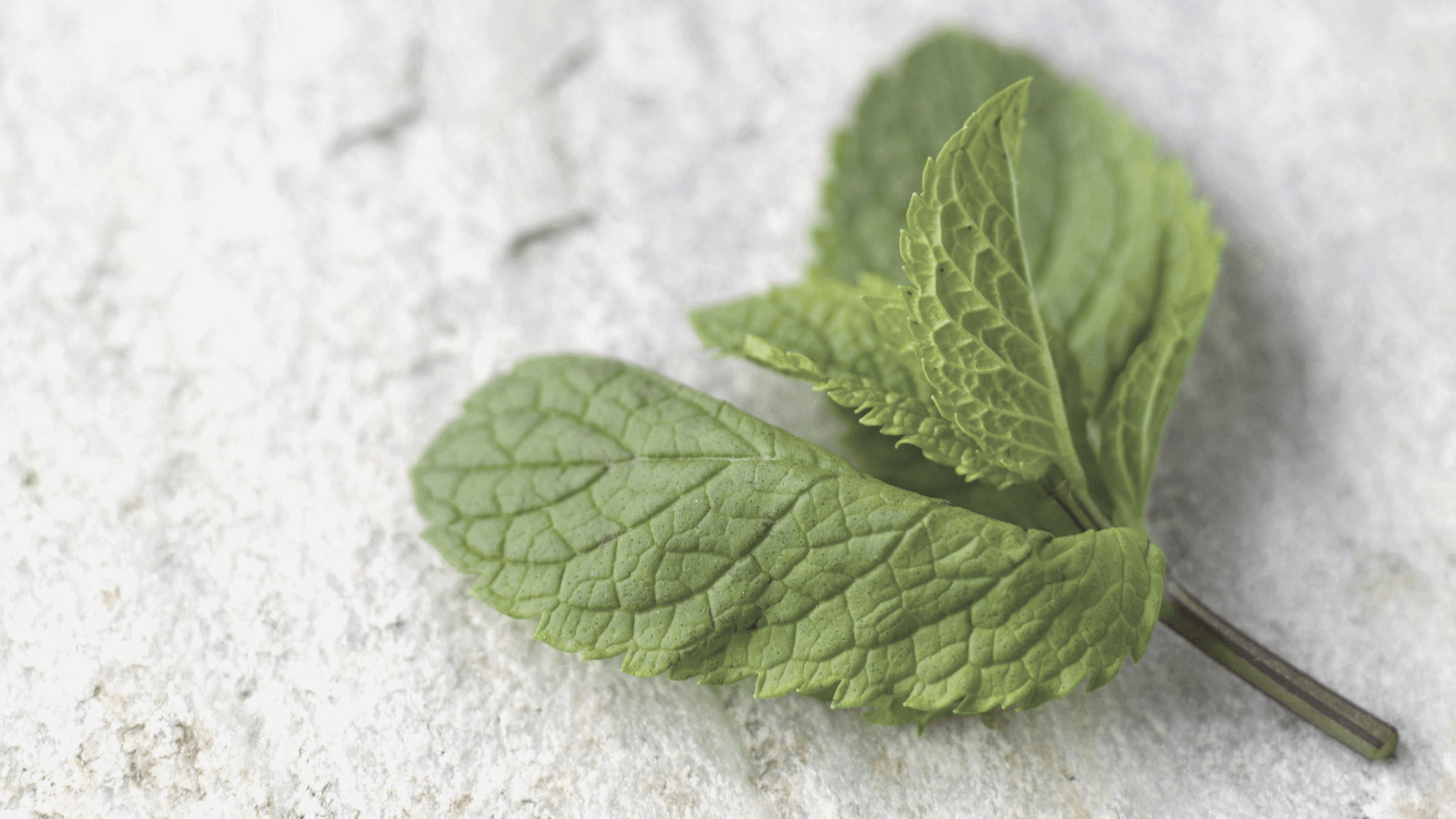I want to share my printable self care activities — from the Ayurvedic perspective.
This week I began Week 6: Self-Care via the Chopra Ayurvedic Health Certification Program through the Institute for Integrative Nutrition.
I have already studied and talked at length about the self-care journey since I desperately needed it along the road to ultimate gut healing.
If you want to check out a couple article where I discussed the self-care routine and daily life navigating it, check out:
- Anxiety Self Care Checklist [Episode 46 with Kerri Axelrod]
- Self-Care During Massive Grief
- Self-Love Guided Journal [21-days of prompts for your healing journey]
But for today, I want to explore it from the Ayurvedic perspective.
According to the Chopra Ayurvedic Health Certification Program —
Ayurvedic self-care is the deliberate act of engaging in activities that nourish you at all levels of being—each and every day—as well as the conscious release of physical and emotional blocks that may be holding you back from living to your full potential. The goal is never perfection, but the self-awareness to understand when you’re feeling an imbalance, and the knowledge of Ayurvedic practices to help bring you closer to balance.
Self-care is a form of self-regulation.
Self-regulation is the body’s ability to maintain health regardless of ever-changing external events (homeostasis).
No matter what is happening “out there,” self-regulation preserves a steady state of health and vitality from within.
When we practice daily self care, we can also reap these scientific benefits of self-regulations:
- Chronic inflammation is reduced
- Genes related to long-term health are turned up
- Genes that contribute to disease are turned down
- Optimal state of balance is achieved through homeostasis
Break Down Self-Care through the Daily Routine [via Rhythms]
One of the coolest things about approaching a self-care checklist through Ayurveda is experiencing and defining it through various natural rhythms.
These include:
- Circadian rhythms: the 24 hour cycle present in each day; day and night; sunrise to sunset.
- Lunar rhythms: the 29-day monthly cycle of the moon around the earth (you may have heard of this, as it relates to you monthly cycle)
- Tidal rhythms: the gravitational influence of the moon on the water
- Seasonal rhythms: the 12-month cycle; Earth around the sun
- Celestial rhythms: rhythms of the planetary movement
There are simple ways to enhance self-care activity by way of all the natural rhythms.
Which…I’ll get to, but one final thing I want to highlight from my studies this week is the ayurvedic word for ‘the daily routine.’
Dinacharya
This is the ayurvedic word for the daily routine, and I was overjoyed to see it pop through this week!
Somehow, the universe is always circling back.
In case this is your first time hearing of it, I have a 28-day gut healing journaling SYSTEM called, Ahara Dinacharya.
And in the journal, you’ll find this page:
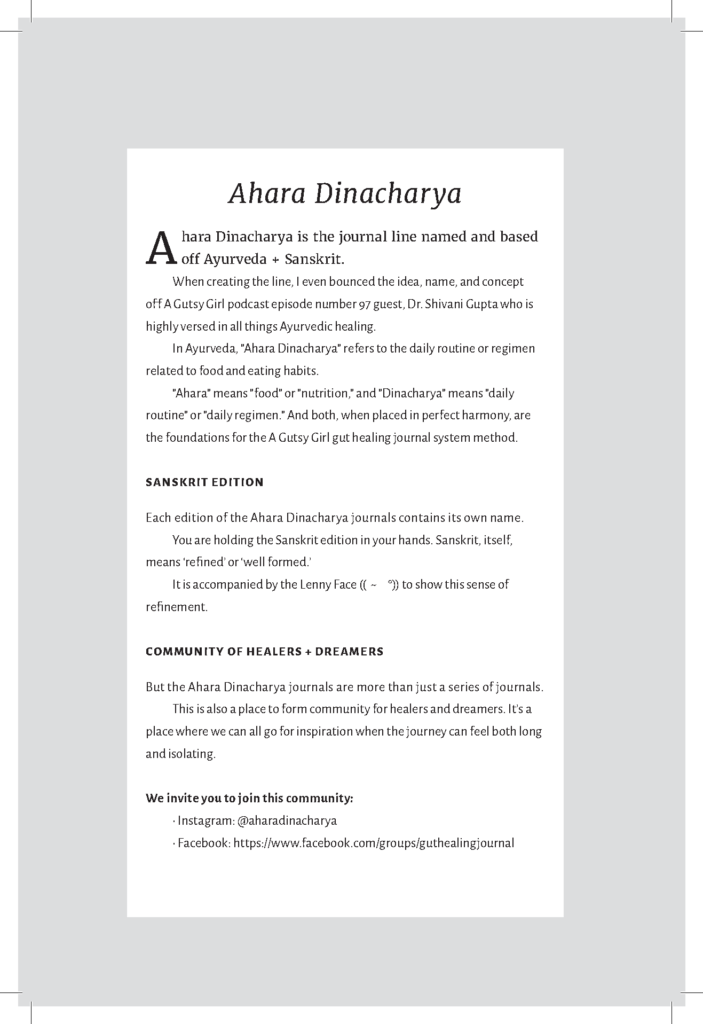
Long before I even started the Chopra Ayurvedic Health Certification Program, I devised this journal plus journal pages and the naming structure for this particular one.
As I’m studying all things Ayurveda now through the course, it’s making even more sense.
I just ADORE how much these two lives and healing theories; Ayurveda and gut, are crossing paths.
Anyways, moving on…..
Dinacharya makes use of the rhythms of nature and emphasizes periods of activity and rest to create a daily schedule for all of the six pillar activities.
Some of the benefits of dinacharya include:
- Increased self-awareness
- Increased energy so you can show up at your best
- Improved mood and feelings of empowerment
- Improved digestion and optimal weight
- Increased productivity and discipline
- Improved health, immunity, well-being, and longevity
- Increased ojas, balanced agni, and reduced ama
So now, we can take all of the above, and create our own ideas for implementing self-care activities.
Printable Self Care Activities
Click HERE to save these printable self care activities for later.
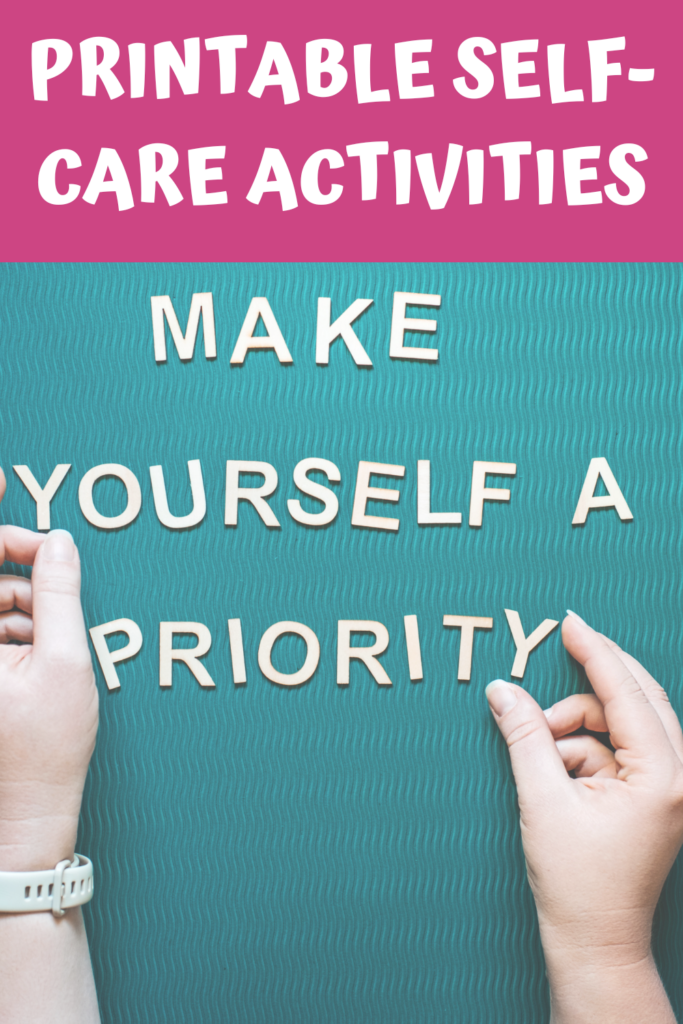
First, I want to share a list of simple self-care ideas.
Here are 18 examples of self-care activities to consider:
- Get physical activity – if you are considering the Chopra Ayurvedic Health Certification Program you will be able to realize what might be best for you. As for me, I know I need the lifting workouts I do, but I have also realized physical activities like slow walking, yoga and meditation are critical for my dosha (Vata).
- Make sure you’re getting enough sleep (in my journaling SYSTEMS there is a sleep tracker, which is critical)
- Say your positive affirmations and stop the negative thoughts
- Indulge in the present moment
- Try “pampering” before bedtime to ensure quality sleep (i.e. warm showers, bubble bath, cup of tea, blue light blockers, no cell phone, etc.)
- Get fresh air
- Drink warm water with lemon and/or ginger (this is also a great digestion hack!)
- Practice tongue-scraping and/or oil pulling
- Cleanse your nasal passages with a Neti pot
- Eat a light breakfast, larger lunch, and light dinner (at least 2 hours before bed)
- Journal and/or read a good book
- Listen to calming sounds
- Engage in self-massage
- Practice self compassion
- Do an act of kindness – a fun way to spread joy to others
- Plan out your week in advance – I do this every single Sunday!
- Spend time with a loved one
- Practice gratitude
Daily Self-Care
In the Chopra Ayurvedic Health Certification Program it was stated,
Practicing self-care consistently shifts your identity from “
I am separate” to “I am eternal.”
They also stated,
We all share the universal desire to feel joy, but this desire needs to be nurtured.
One of the best ways to fulfill a desire is to put a quality habit behind it.
Current research estimates that:
- Forty-three percent of daily behaviors are the result of habits
- Habits can take anywhere from 18 to 254 days—the average is 66 days
- People who invest time and effort in creating new habits see greater improvements in their happiness and well-being
Download your self-care worksheets
One of the best ways to create your own good health habits is by way of a habit tracker.
You’ll find everything you want to know about the habit tracker + have the ability to download my personal habit tracker for free HERE.
And there are even more self care worksheets I have created that you can download for free HERE:
- Self-Care Checklist
- Daily reflection – a healthy way to see how you did with the printable self care checklist
- Self-care assessment worksheet
Between all of these free download trackers and worksheets, you now have a starting point for self care in the everyday life.
Using them is an excellent way to combine Ayurveda AND overall gut health + gut healing.
The little things add up – believe me.
When I learned the importance of self-care, I could not only take better care of myself, but also better care of my family.
And I WISH this for you as well.
The Full Ayurvedic Series
This article is part of my full Ayurvedic series.
In addition to the hundreds of articles and thousands of hours I’ve spent in the last decade devoted to all things gut health and gut healing, I am working on becoming a certified Ayurvedic practitioner, so that I am able to give my clients the best, most comprehensive guidance for healing – 100% on an personalized level.
If you’re interested in working 1-on-1 with me, you can sign up HERE today.
Here are all the previous articles on Ayurveda you can binge-read now:
- What is Ayurveda – [The Ultimate Beginner’s Guide]
- Ayurveda for Balance
- Ayurvedic Food List
- Mindful Movement Exercises
- Yoga vs Meditation
- Emotions Worksheet
- Kitchari Cleanse Recipe [One Pot Kitchari]
I have also put together an ‘Ayurveda in Gut Healing’ Pinterest board where you will find a ton of resources.
Xox,
SKH
🤰 bloating be gone! weight loss through optimal gut health for women
💃ʜᴇᴀʟ ʏᴏᴜʀ ɢᴜᴛ. ʜᴇᴀʟ ʏᴏᴜʀ ʟɪfe.
🫶🏻 founder gutbyome.com

